Send us a link
Whose air quality are we monitoring?
U.S. EPA air quality monitors are disproportionally located in predominately white neighborhoods, leaving marginalized communities at risk of pollution exposure.
Public-health Experts Should Be More Political, Not Less

Competitiveness is Key to Europe's Health Security
To strengthen its health R&D pipelines and prepare for the next health crisis, Europe needs to balance security concerns with greater industrial competitiveness
Research Foundations Announce $300M Health Partnership
Wellcome, Gates and Novo Nordisk foundations will support research into the health impacts of climate change, infectious diseases and nutrition.
Striving to Connect
Health officials are raising alarms about loneliness and isolation. Can researchers identify what helps?
EU Reaches Agreement: Shared Health Data Space Boosts Research
The European Parliament and the Council of the EU have reached a deal on the European Health Data Space (EHDS), a piece of legislation that aims to improve individual access and control over their health data in Europe.
Climate Change: Africa Needs Help Against Escalating Public Health Crisis
Climate Change: Africa Needs Help Against Escalating Public Health Crisis
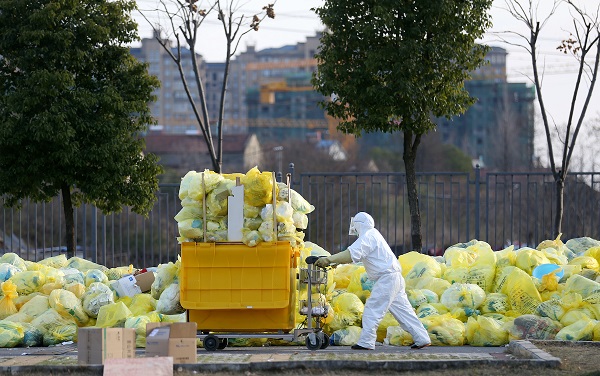
Piloting the WHO Global Guidance Framework for the Responsible Use of the Life Science in Uganda
Piloting the WHO Global Guidance Framework for the Responsible Use of the Life Science in Uganda
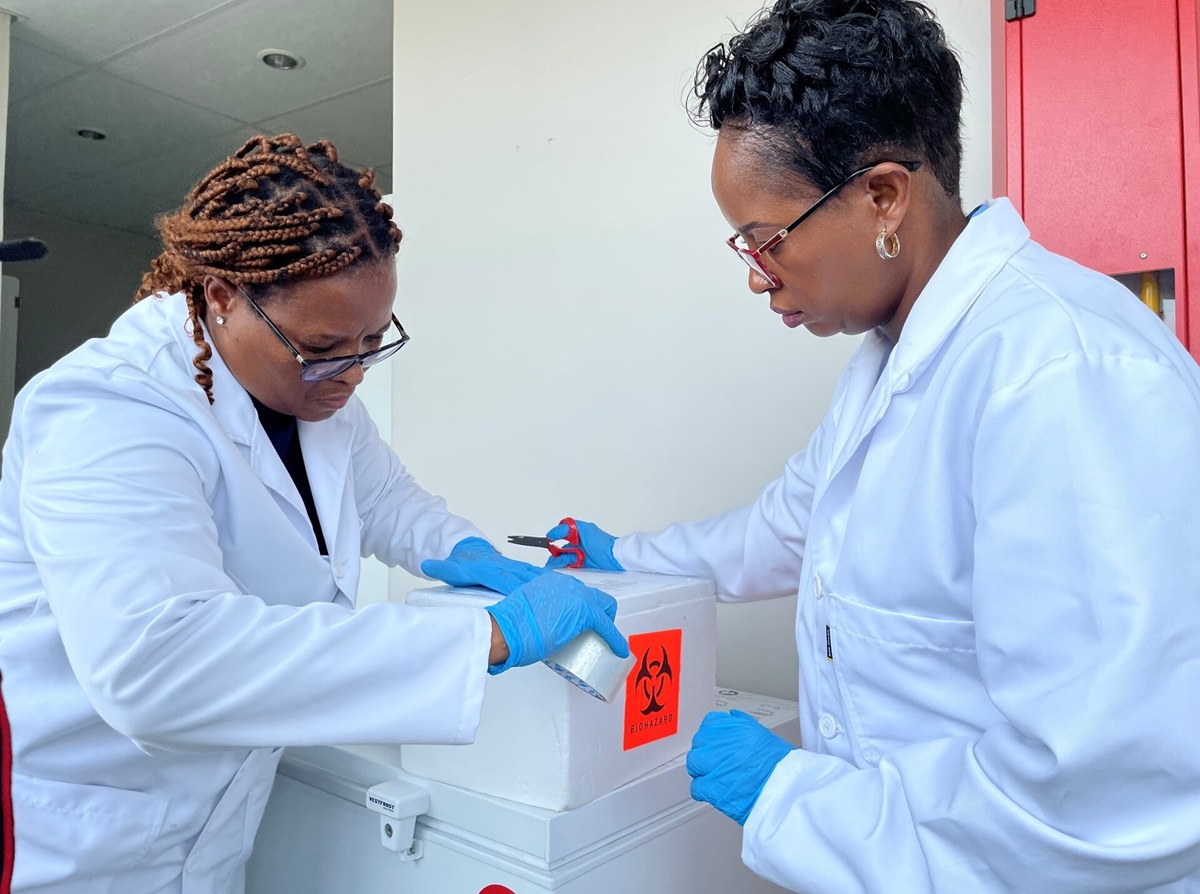
Why BMI is Flawed - and How to Redefine Obesity
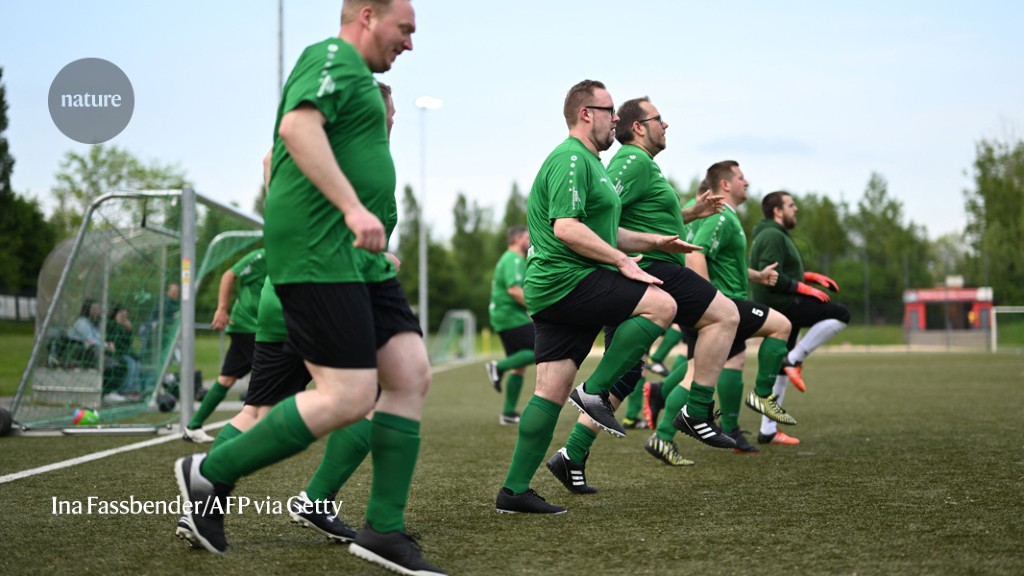
The efficacy of Facebook’s vaccine misinformation policies and architecture during the COVID-19 pandemic
The efficacy of Facebook’s vaccine misinformation policies and architecture during the COVID-19 pandemic
During the coronavirus disease 2019 pandemic, Facebook began to remove vaccine misinformation as a matter of policy. This study evaluated the efficacy of these policies using a comparative interrupted time-series design.
Why Meta-regulation Matters for Public Health: the Case of the EU Better Regulation Agenda
Why Meta-regulation Matters for Public Health: the Case of the EU Better Regulation Agenda
Meta-regulation - the rules that govern how individual policies are developed and reviewed - has not received much attention in the study of health policy. Far from value-free and objective, they have however significant potential to shape policy outputs and, as such, health outcomes.
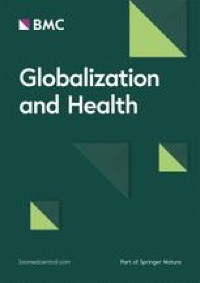
The Dark Universe: Can a Scientist Battling Long Covid Unlock the Mysteries of the Cosmos?
The Dark Universe: Can a Scientist Battling Long Covid Unlock the Mysteries of the Cosmos?
Since being laid low with the virus more than a year ago, Catherine Heymans can only operate in half-hour bursts. But her work could still change the way we understand the universe

'Why Aren't You Taking Care of Us?' - Why Long COVID Patients Struggle for Solutions
'Why Aren't You Taking Care of Us?' - Why Long COVID Patients Struggle for Solutions

Is Covid Really Over? WHO's Announcement Sounds More Like Surrender Than Victory
Is Covid Really Over? WHO's Announcement Sounds More Like Surrender Than Victory
Although the acute phase of the pandemic may be over, experts agree that the virus's effects will remain profound
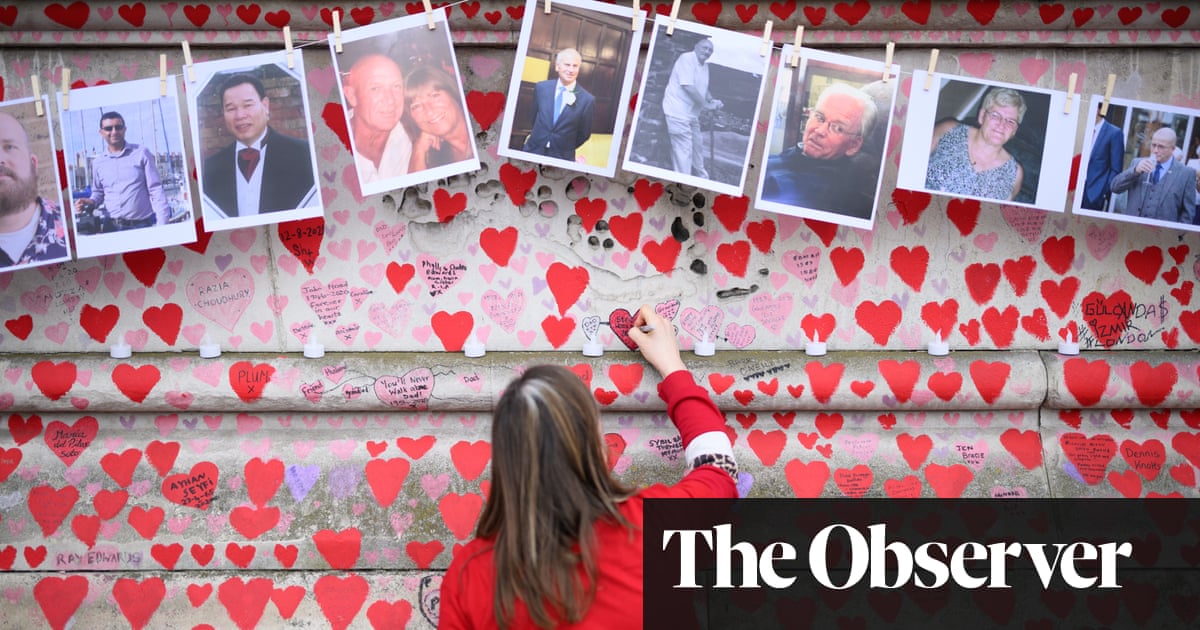
Scientists Call For Global Plastics Treaty As Evidence Of Health Impacts Mounts - Health Policy Watch
Scientists Call For Global Plastics Treaty As Evidence Of Health Impacts Mounts - Health Policy Watch
A new study has found that human health is in grave danger because of plastics across their entire lifecycle.
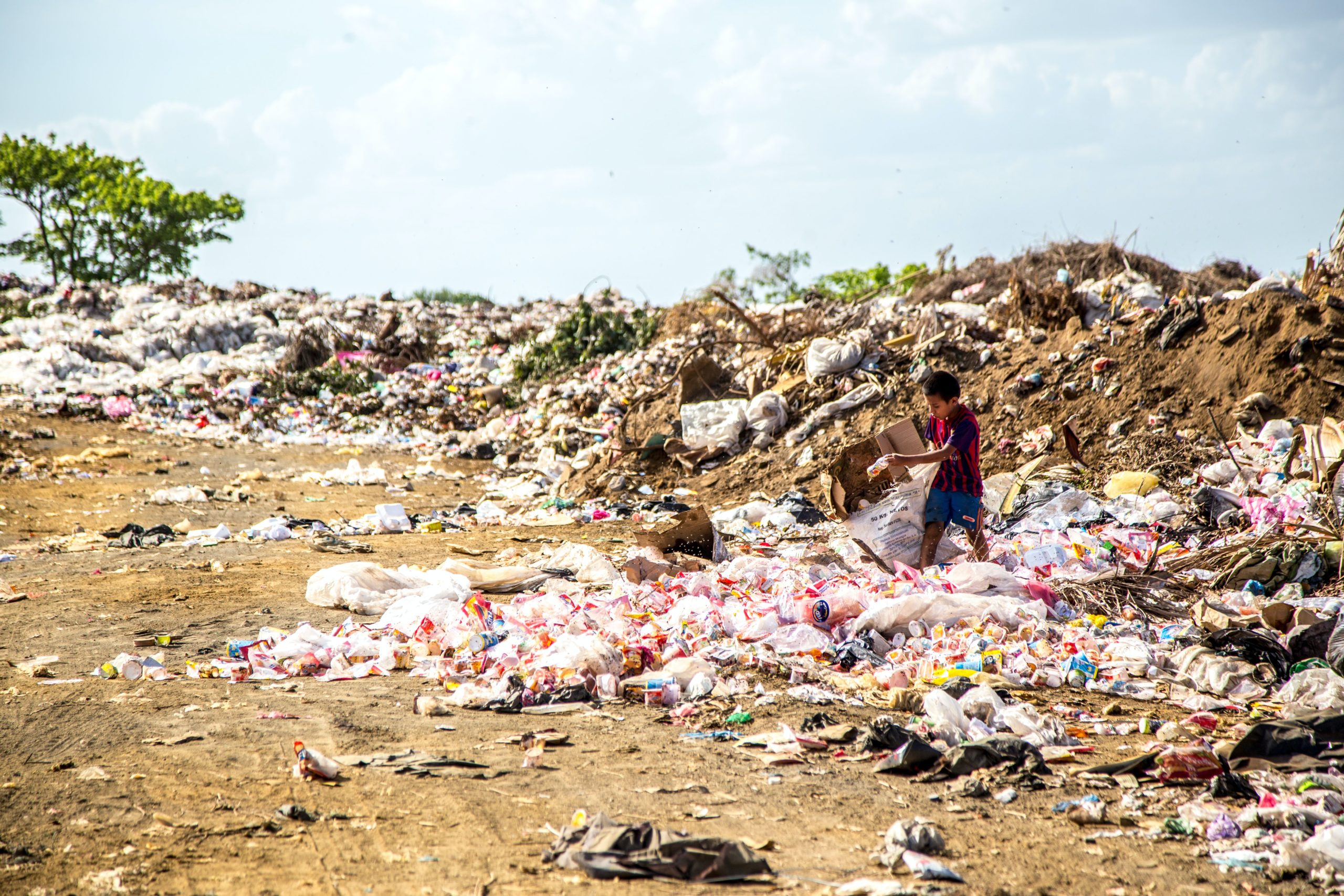
EU Health Policy Taking Shape Post-COVID-19
In recent weeks, the European Commission outlined its health strategy and the steps needed to be in a better position to tackle future health emergencies.
Making Better Use of Natural Experimental Evaluation in Population Health
Rather than arguing about the suitability of natural experimental methods to inform decisions we need to focus on refining their scope and design, say Peter Craig and colleagues Natural experiments have long been used as opportunities to evaluate the health impacts of policies, programmes, and other interventions. Defined in the UK Medical Research Council's guidance as events outside the control of researchers that divide populations into exposed and unexposed groups, natural experiments have greatly contributed to the evidence base for tobacco and air pollution control, suicide prevention, and other important areas of public health policy.1 Although randomised controlled trials are often viewed as the best source of evidence because they have less risk of bias, reliance on them as the only source of credible evidence has begun to shift for several reasons. Firstly, policy makers are increasingly looking for evidence about "what works" to tackle pervasive and complex problems, including the social determinants of health,23 and these are hard to examine in randomised trials. In Scotland, for example, legislation to introduce a minimum retail price per unit of alcohol included a sunset clause, which means that the measure will lapse after six years unless evidence is produced that it works. This has resulted in multiple evaluations, including natural experimental studies using geographical or historical comparator groups.4 Similarly, the US National Institutes of Health has called for greater use of natural experimental methods to understand how to prevent obesity,5 and a consortium of European academies for their greater use to understand policies and interventions to reduce health inequalities.3 Secondly, a wider range of analytical methods developed within other disciplines, mostly by economists or other social or political scientists, are being increasingly applied to good effect. A good example is the use of synthetic control methods …
School Environments and Obesity
The rapid rise in obesity rates among school children in Latin America and the Caribbean (LAC) could have a direct impact on the region's physical and mental health, disability, and mortality. This review presents the available interventions likely to reduce, mitigate and/or prevent obesity among school children in LAC by modifying the food and built environments within and around schools. Two independent reviewers searched five databases: MEDLINE, Web of Science, Cochrane Library, Scopus and Latin American and Caribbean Health Sciences Literature for peer-reviewed literature published from 1 January 2000 to September 2021; searching and screening prospective studies published in English, Spanish and Portuguese. This was followed by data extraction and quality assessment using the Cochrane risk-of-bias tool (RoB 2) and the Risk of Bias in Non-Randomized Studies of Interventions (ROBINS-I), adopting also the PRISMA 2020 guidelines. Due to the heterogeneity of the intervention's characteristics and obesity-related measurements across studies, a narrative synthesis was conducted. A total of 1342 research papers were screened, and 9 studies were included; 4 in Mexico, and 1 each in Argentina, Brazil, Chile, Colombia, and Ecuador. Four studies reported strategies for modifying food provision; four other targeted the built environment, (modifying school premises and providing materials for physical activity); a final study included both food and built environment intervention components. Overall, two studies reported that the intervention was significantly associated with a lower increase over time in BMI/obesity in the intervention against the control group. The remaining studies were non-significant. Data suggest that school environmental interventions, complementing nutritional and physical education can contribute to reduce incremental childhood obesity trends. However, evidence of the extent to which food and built environment components factor into obesogenic environments, within and around school grounds is inconclusive. Insufficient data hindered any urban/rural comparisons. Further school environmental intervention studies to inform policies for preventing/reducing childhood obesity in LAC are needed.
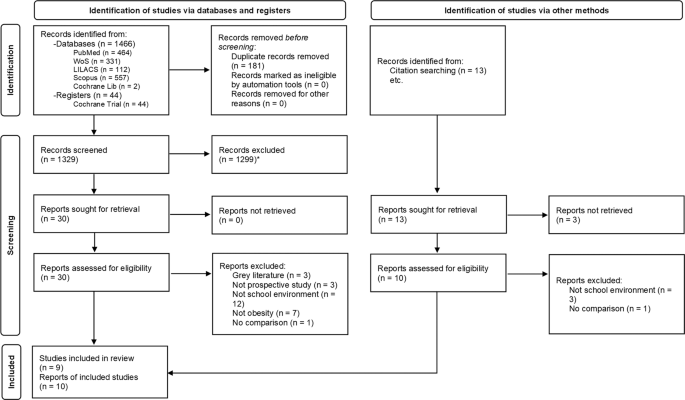
NIH advisers seek tighter oversight of risky pathogen experiments
Biosecurity advisers to the federal government are calling for tighter scrutiny of experiments with potentially dangerous viruses and other pathogens, reflecting an ongoing debate within the scientific community over the benefits and risks of such laboratory research.
Good Health Policy Requires High-Quality Evidence
In the health spending debate, what policy makers need most is an honest, realistic, and evidence-based discussion. Unfortunately, many studies in the public arena fall far short.

Cannabis Researchers Say It's High Time to Drop 'lazy Stoner' Stereotype
Users no more likely to lack motivation than non-users - but motivation may wane while under the influence

Smoking Weed and Driving: What We Know
Here's what the science says about driving while high on marijuana. In short: It's complicated.
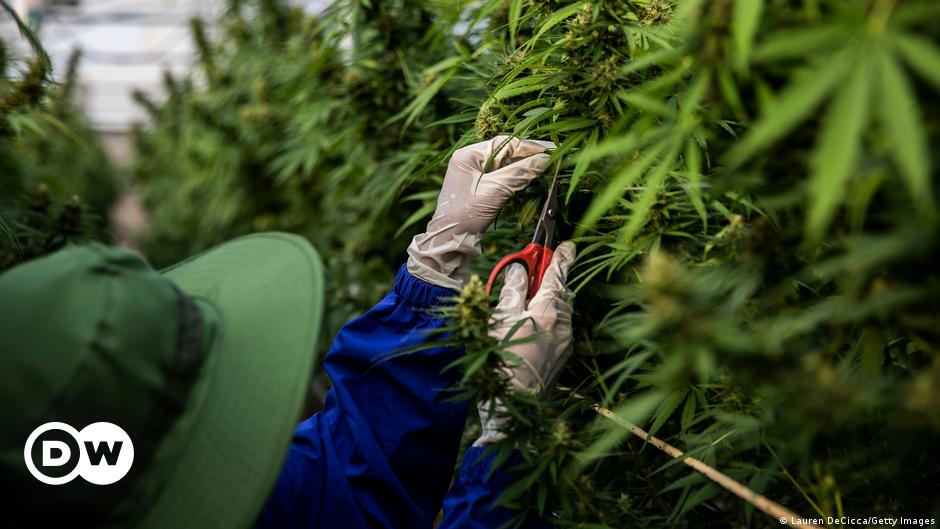
Newly Identified Langya Virus Tracked After China Reports Dozens of Cases
Virus, which causes symptoms including fever, fatigue, cough, loss of appetite and muscle aches, is believed to have spread from animals to humans.

Will Anti-Vaccine Activism in the USA Reverse Global Goals?
In the time of the COVID-19 pandemic, anti-vaccine activism in the USA accelerated, forming an alliance with political groups and even extremists. An organized, well-funded anti-science movement now threatens all childhood immunizations.
The Pandemic Revolutionized Disease Surveillance. Now What?
The Pandemic Revolutionized Disease Surveillance. Now What?
Covid forced the world to develop some of the best epidemiological surveys ever done. Now they're being cut back, even as the threat of the virus lingers.

Measuring the Health Outcomes of Social, Economic, and Environmental Policies
Measuring the Health Outcomes of Social, Economic, and Environmental Policies
A variety of analytic tools can clarify public health priorities and predict the health impact of policy solutions.
Public Vs Scientists: Views Diverge Widely on Important Issues
A survey asked members of the public, on the one hand, and scientists on the other, about a range of scientific and health issues often in the news.
